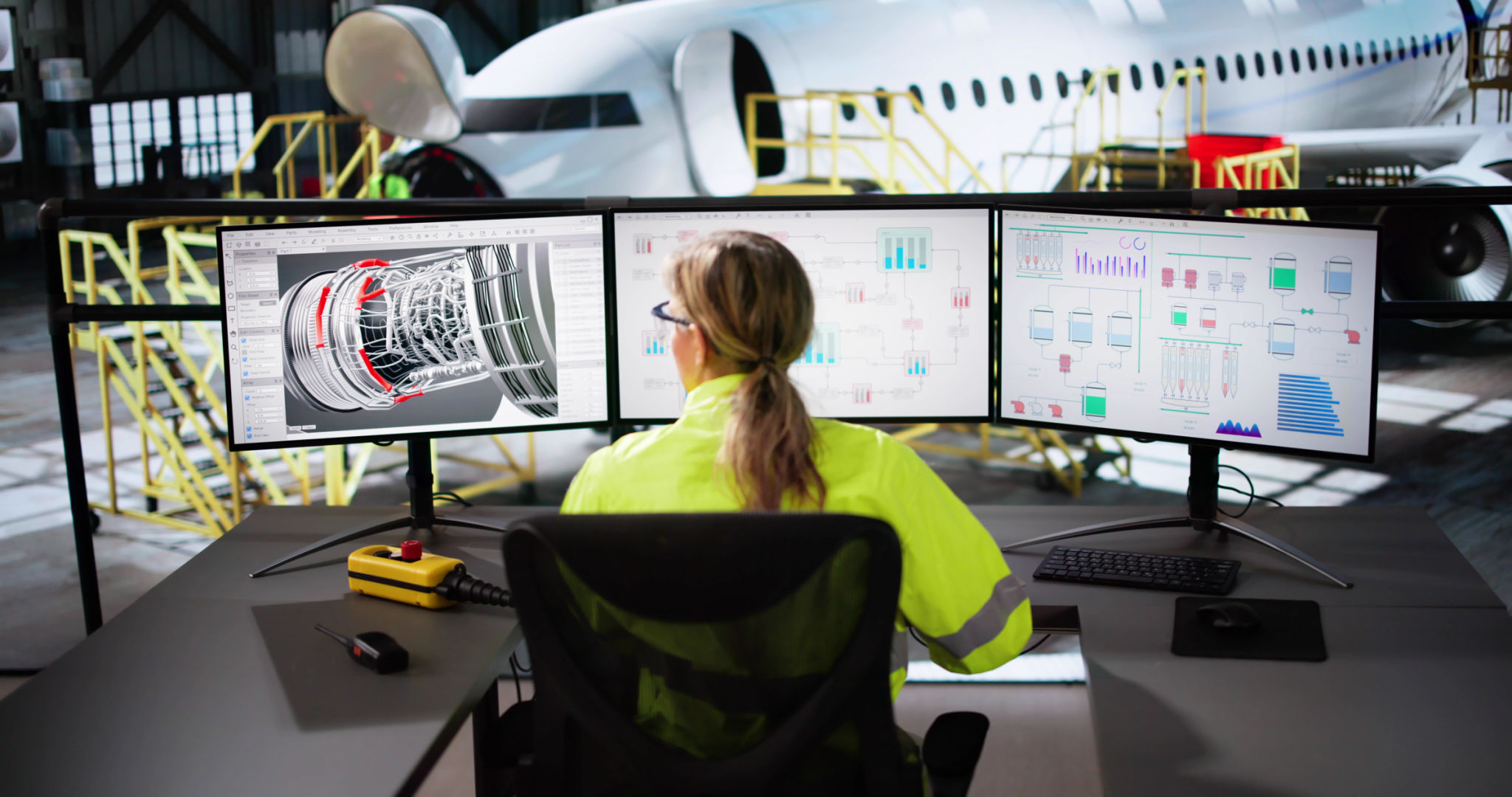How AI-Enabled Solutions are Revolutionizing Aviation Operations
The Impact of AI on Aviation Operations
The aviation industry is undergoing a significant transformation, thanks to the integration of AI-enabled solutions. These technologies are reshaping various aspects of aviation operations, from flight scheduling to maintenance, enhancing efficiency, safety, and customer experience. As AI continues to evolve, its role in aviation is becoming increasingly crucial.

Enhancing Flight Scheduling and Routing
One of the key areas where AI is making a significant impact is in flight scheduling and routing. Airlines are utilizing AI algorithms to optimize flight paths, considering factors like weather conditions, air traffic, and fuel efficiency. This not only helps in reducing delays but also in minimizing fuel consumption, which is both cost-effective and environmentally friendly.
Moreover, AI can predict potential disruptions by analyzing historical data and current conditions, allowing airlines to proactively make adjustments. This capability leads to improved punctuality and a better travel experience for passengers.
Improving Aircraft Maintenance
Predictive maintenance is another area where AI is proving indispensable. By utilizing machine learning models, airlines can predict when a component is likely to fail and schedule maintenance accordingly. This reduces the risk of unexpected breakdowns and minimizes downtime, ensuring that aircraft remain operational more consistently.

AI systems can analyze data from various sensors installed on the aircraft to monitor the health of different components in real-time. This continuous monitoring helps in identifying issues before they escalate, thereby enhancing safety and reliability.
Enhancing Passenger Experience
AI is also playing a pivotal role in enhancing the passenger experience. From personalized recommendations during booking to automated customer service through chatbots, AI is making the journey smoother for travelers. By analyzing passenger preferences and past behaviors, airlines can offer tailored services and promotions, improving customer satisfaction.
AI-driven facial recognition systems are being implemented at airports for smoother check-in and boarding processes, reducing wait times and enhancing security. These technologies ensure a seamless experience from the moment passengers enter the airport until they reach their destination.

Boosting Safety and Security
Safety and security are paramount in aviation, and AI is instrumental in enhancing these aspects. Advanced AI systems are being used for threat detection and prevention, analyzing vast amounts of data from various sources to identify potential risks. This proactive approach enhances security measures and ensures passenger safety.
Additionally, AI-powered systems assist pilots in making informed decisions during flights by providing real-time data analysis and insights. This aids in navigating challenging weather conditions and managing in-flight emergencies more effectively.
The Future of AI in Aviation
The future of AI in aviation looks promising, with endless possibilities for further enhancements. As technology advances, AI solutions will continue to evolve, offering even greater efficiencies and innovations in aviation operations. The integration of AI with other emerging technologies like the Internet of Things (IoT) and blockchain could further revolutionize the industry.
Ultimately, AI-enabled solutions are driving the aviation industry toward a future where operations are more efficient, safe, and customer-centric. As these technologies continue to develop, they will play an integral role in shaping the future of air travel.